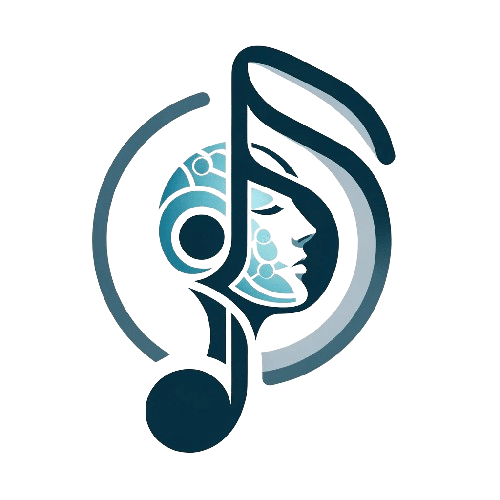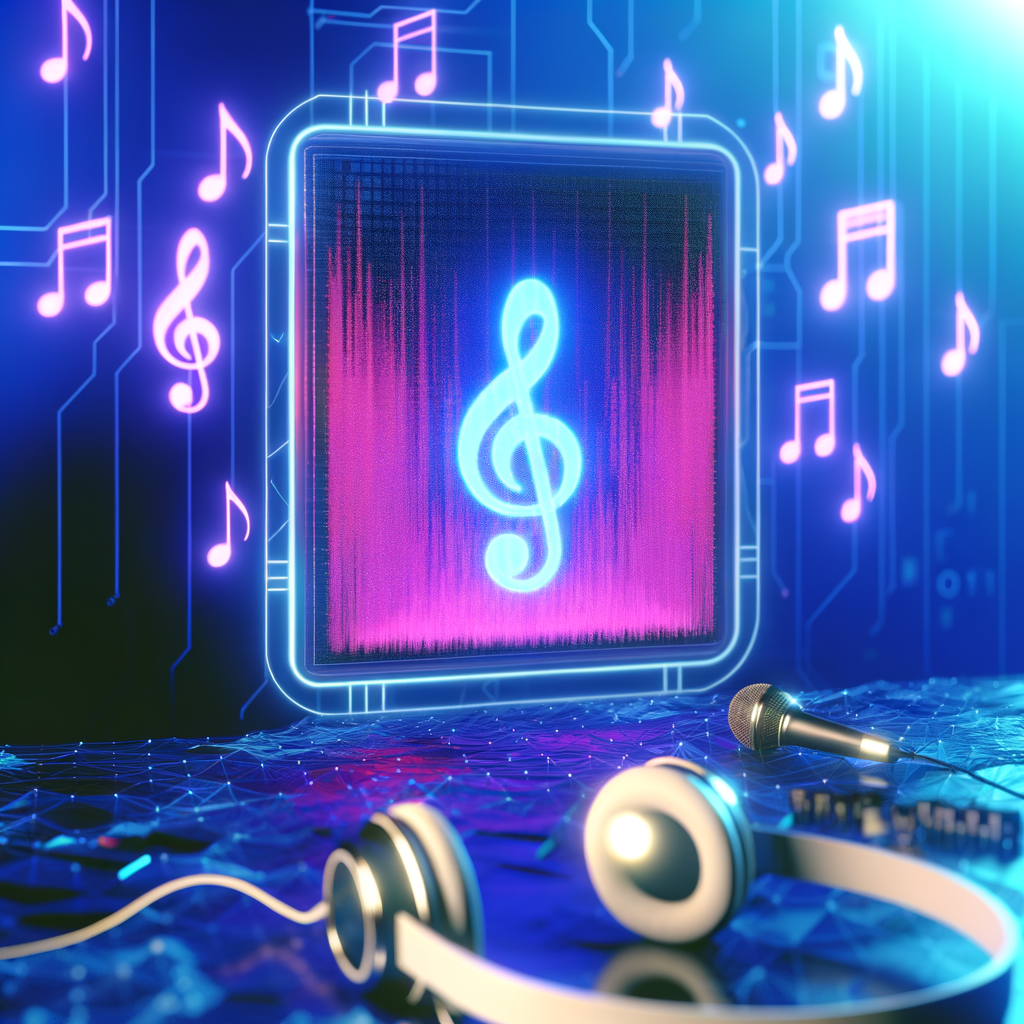The realm of music is on the verge of an unprecedented transformation, fueled by the groundbreaking advancements in artificial intelligence (AI). This innovative technology is set to redefine the traditional paradigms of music composition, production, and consumption, heralding a new era of musical creativity and experience.
The Dawn of AI in Music
AI introduces a paradigm shift in music creation, offering tools that can analyze and learn from vast datasets of musical compositions across genres and eras. This capability enables AI to identify patterns, styles, and structures, facilitating the generation of compositions that can mimic classical masters, explore contemporary styles, or even create entirely new genres. The integration of AI in music composition is not just about automating creativity but augmenting human imagination with computational intelligence.
Transforming Composition and Production
AI’s impact on music composition and production is profound. By utilizing machine learning algorithms, AI can offer personalized composition suggestions, automate the orchestration process, and provide real-time feedback to artists, enabling a more interactive and iterative creative process. In production, AI technologies can streamline operations, from automated mixing and mastering to sound design, significantly reducing production times and democratizing access to high-quality music production for artists of all levels.
Personalization and Interactive Experiences
One of the most exciting prospects of AI in music is its ability to create highly personalized listening experiences. AI algorithms can analyze listeners‘ preferences, moods, and listening habits to curate or even compose music that suits their tastes and emotional states. Moreover, AI can facilitate interactive music experiences, where compositions evolve in real time based on the listener’s interactions, creating a unique and dynamic form of musical engagement.
Challenges and Ethical Considerations
As AI reshapes the music industry, it also brings forth challenges and ethical considerations. Issues such as copyright and the originality of AI-generated compositions come into play. There’s a growing debate on the balance between human creativity and AI’s role in the creative process, raising questions about authorship and the value of AI-assisted compositions.
Empowering Artists and the Industry
Despite these challenges, AI holds the promise of empowering artists and revolutionizing the music industry. By automating tedious aspects of the creative process, AI allows artists to focus on the art of storytelling and emotional expression. Furthermore, AI can unlock new revenue streams and business models, from AI-driven music recommendation systems to virtual concerts featuring AI-generated music, offering artists innovative ways to reach audiences and monetize their creations.
The Future Symphony of Human and AI Collaboration
Looking ahead, the fusion of human creativity and AI technology will likely define the next frontier in music. This collaboration can lead to the emergence of new musical styles and innovations, pushing the boundaries of what’s possible in music composition and production. The AI music revolution promises a future where technology enhances the creative potential of artists, offering listeners unprecedented musical experiences.
The integration of AI in the music industry signifies more than just technological advancement; it represents a new chapter in the evolution of musical expression, where the synergy between human emotion and artificial intelligence crafts the soundtrack of the future. As we navigate this new landscape, the potential for creativity is limitless, promising a harmonious blend of tradition and innovation that will resonate across generations.


